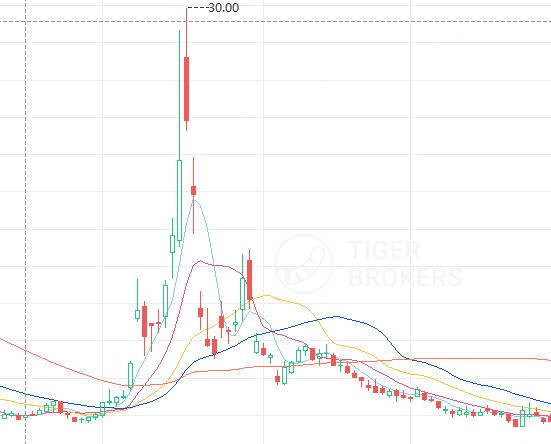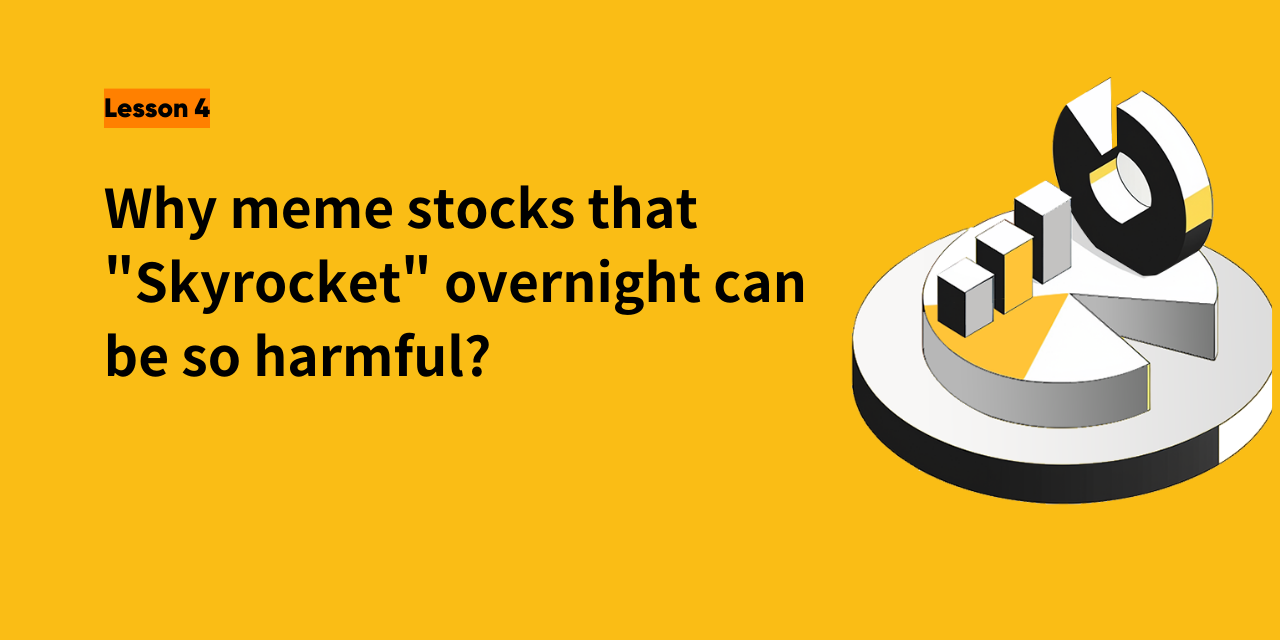Hello Tigers!
In the previous lesson, we learned about the influence of market sentiment on investments. In this lesson, I want to introduce you to an interesting theory: the herd effect.
1.Psychological Theory of Herd Effect
Firstly, what is the herd effect?
The herd effect refers to the phenomenon where an individual's behavior is influenced by others, leading to uniform behavior. It's also known as "herd mentality," likening human behavior to that of a herd, which makes people susceptible to scams or failures.
Let's talk about a famous historical event related to the herd effect: the Tulip Mania.
In the mid-16th century, after tulips were introduced to Western Europe, they received enthusiastic acclaim. In 1634, the tulip frenzy even turned into a national movement in the Netherlands.
Tulip bulbs, priced at 1000 Dutch guilders each, skyrocketed to 20,000 guilders within a month. People from all walks of life converted their assets into cash and invested in these flowers. One tulip bulb could even be exchanged for a house.
In 1636, to facilitate tulip trading, investors established a fixed trading market at the Amsterdam Stock Exchange. A year later, the total increase in tulip prices amounted to a staggering 5900%.
However, as people immersed themselves in the tulip frenzy, a major collapse was looming.
Sellers suddenly flooded the market, causing panic among the public. On February 4, 1637, the tulip market collapsed overnight. The price of tulip bulbs plummeted, leaving thousands of people bankrupt overnight.
The Tulip Mania is just one example. Nearly every major rise and fall in financial markets throughout human history has been associated with the herd effect. For instance, the 2008 financial crisis also triggered panic selling among investors, leading to substantial losses for many.
So, how does the herd effect operate in the financial markets? This leads us to the concept of "conceptual speculation."
2.Why Do People Engage in Conceptual Speculation?
In the U.S. stock market, you've probably heard of "Meme" stocks. The term "Meme" originated from Richard Dawkins' 1976 book "The Selfish Gene," derived from the Greek word "mimēma."
After the rise of the internet, "Meme" came to refer to popular images, videos, or content that spread rapidly online and became synonymous with group behaviors that quickly imitate and spread.
Understanding the meaning of "Meme" helps us grasp the concept of Meme stocks. When a stock becomes a hot topic on social media, attracting retail investors to buy in frenzy and driving up the stock price sharply in a short period, it's called a Meme stock. From this perspective, investing in Meme stocks is a form of "conceptual speculation."
In early July 2022, the stock price of Bed Bath & Beyond (BBBY), a U.S. home goods retailer, surged from its low of $4.5 to a peak of $28 within half a month, a 4.5-fold increase. Then, within just three trading days, it plummeted to $8.5. Such drastic fluctuations in stock prices are typical characteristics of Meme stocks.

It's essential to note that you should not be misled by the enormous gains of Meme stocks. Remember the "overconfidence" sentiment we talked about in the previous lesson?
During substantial price surges, many investors may believe they are stock geniuses, engaging in emotional operations such as chasing highs and adding positions.
Yet, within the stock market, a "two sides of the same coin" scenario always exists. Stocks offering substantial short-term gains can also entail significant short-term losses. Furthermore, engaging in conceptual speculation frequently results in adverse feedback.
Analyzing the herd effect in conceptual speculation, we can find that chasing hotspots in investment behaviors is highly irrational. Here are a few reasons:
Conceptual speculation lacks fundamental support.
Many stocks involved in conceptual speculation are artificially created. Some rational investors or listed companies rely on the herd effect formed by investors to achieve their own purposes.
For example, the main driving force behind the surge in BBBY's stock price was sustained buying from retail investors, especially from the wallstreetbets (WSB) forum on Reddit. This group has tens of millions of users interested in stock market investment, and BBBY was the hottest stock topic in that month.
According to statistics, in August 2022, BBBY was mentioned 123,000 times on WSB, 18.5 times higher than in July. At the beginning of August, a well-known user on WSB announced that he had bought $45,000 worth of BBBY stock, attracting a large number of retail investors to follow suit and causing the stock price to skyrocket.
Someone is inducing you to become part of the "herd."
In the process of generating the herd effect, listed companies, analysts, media, or some investors play certain roles in inducing retail investors to become part of the "herd."
For example, when BBBY reached its peak, news suddenly spread that Ryan Cohen, the billionaire founder of the pet products website Chewy, suddenly liquidated all his BBBY holdings and call options.
The "leading brother" cashing out triggered panic among retail investors. BBBY plummeted 40% on the same day and continued to fall to $10.
Cohen completed the cash-out in just five months. In addition, Cohen was also a significant driver behind the surge in GameStop's stock price in 2021.
"Attention Deficit" makes you attracted to high-yield, low-probability events.
The reason why you are easily attracted to market hotspots and become one of the "herd" is that you are caught in the investment sentiment of "attention deficit."
Market hotspots often offer better returns on related stocks than other stocks. Investors often believe they also have the same luck. They are wrong to only see extreme returns but ignore the low probability of events happening.
Therefore, investors who profit from Meme stocks overnight are usually those purposeful "leading sheep." If you think you've spotted some signals and have the chance to "get rich quick," remember to stay vigilant and avoid becoming a victim of the herd effect.
With that, we conclude this lesson. In the next lesson, I'll teach you trading strategies brought about by behavioral finance theories, seizing investment opportunities with behavioral finance principles.
See you in the next lesson!

